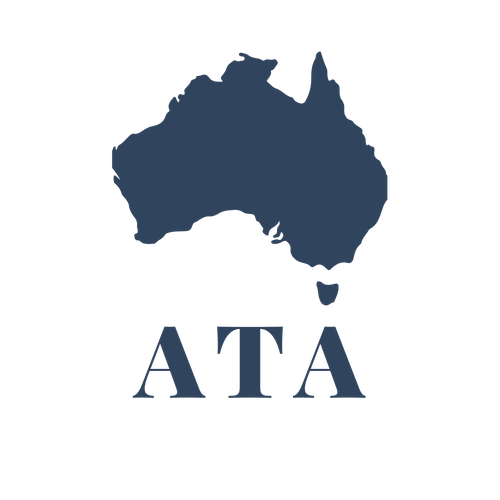Banning big currency would be a pain in the Cash
The Senate Economics Committee is holding a hearing on January 30 in Sydney to discuss restricting people from using Australia’s own currency. The bill, intended to stop illegal activity, would stop law abiding Aussies from making cash purchases over $10,000, even if those purchases were made over multiple payments.
Those in favour of the legislation arbitrarily selected $10,000 as the limit because few people make $10,000 purchases in cash. Also, even numbers look pretty on paper.
In Australia, 37 per cent of people still regularly use cash. Due to lack of space in Sydney, your final resting place easily costs between $8000 and $38,000, meaning it would be illegal to pay in cash. A lover who uses cash to keep their partner from finding out they bought an engagement ring will be breaking the law. A NSW farmer couldn’t legally buy a combine header from his neighbor using cash.
The limit is not tied to inflation, meaning the $10,000 would effectively dump law abiding Aussies into an economic trash compactor. In one year, assuming inflation remains consistent, the threshold would effectively drop to $9800. In ten years, the threshold in terms of real buying power would be approximately $2000 lower than what pollies are currently proposing. If Australia were ever to face high or hyper-inflation, trading in cash at all would quickly become illegal.
Others, including KPMG, have already begun proposing we legislate a lower threshold. In a 2017 report, the Black Economy Taskforce admitted they “aren’t YET calling for the complete abolition of cash.” Once implemented, the cash threshold will more likely lower than increase.
A cash ban would infringe on the privacy of law abiding citizens who should have a right to make purchases of any amount using any form of legal tender without the government or big banks peeping into their transaction history. Only your barista should know your coffee order.
Large multinational corporations, like Facebook and Google, make money selling data they collected from people in exchange for the use of their platforms. By restricting cash, the government forces individuals to give banks data about their purchasing habits for free. Australians can only hope that information isn’t sold, accidentally leaked, or otherwise used against them.
Unsurprisingly, big banks support this bill which panders to their corporate interests. Banks could charge more fees, lower interest rates, provide poorer service, and neglect to innovate because demand for their services has been forced to increase while supply has remained constant. Monopolies and oligopolies always harm consumers, especially when the corporations involved have been propped up protectionistic legislation. Australia’s royal commission has revealed a long backlog of dubious behavior. An individual doesn’t need to make large cash transactions feel the negative impacts of the cash ban.
Banks easily swayed by media hype would have the power to pick winners and losers in business. Already many vape shops operating legally across NSW have been de-banked. Some banks won’t allow them to use card reading terminals; others won’t even allow them to hold accounts. These businesses must rely solely on cash to operate.
Peripheral industries are not the only ones worried. Recently, NAB completely de-banked a pub owner because he was shopping around for better interest rates.
This law would help corrupt corporate entities without impeding crime, terrorism, or tax evasion. Laws impact law abiding citizens more than lawless criminals. Money launderers already use untraceable cash. The European Commission concluded in 2018 that “restrictions on payments in cash would not significantly prevent terrorism financing.” As for tax fraud, large multinational corporations engage in tax avoidance and, sometimes, evasion by using experts to take advantage of loopholes in the tax code, not by transporting briefcases full of money.
Tax evasion using cash happens with small transactions. For example, a restaurant could neglect to declare profits on meals purchased with cash. Only a total cash ban would impact this kind of tax fraud. Such a move would harm the 37 per cent of Australians who regularly use cash as well as the 63 per cent of Australains enjoying better service from banks due to the competition with cash.
This article appear in the Daily Telegraph (print ) on 24 January 2020.
